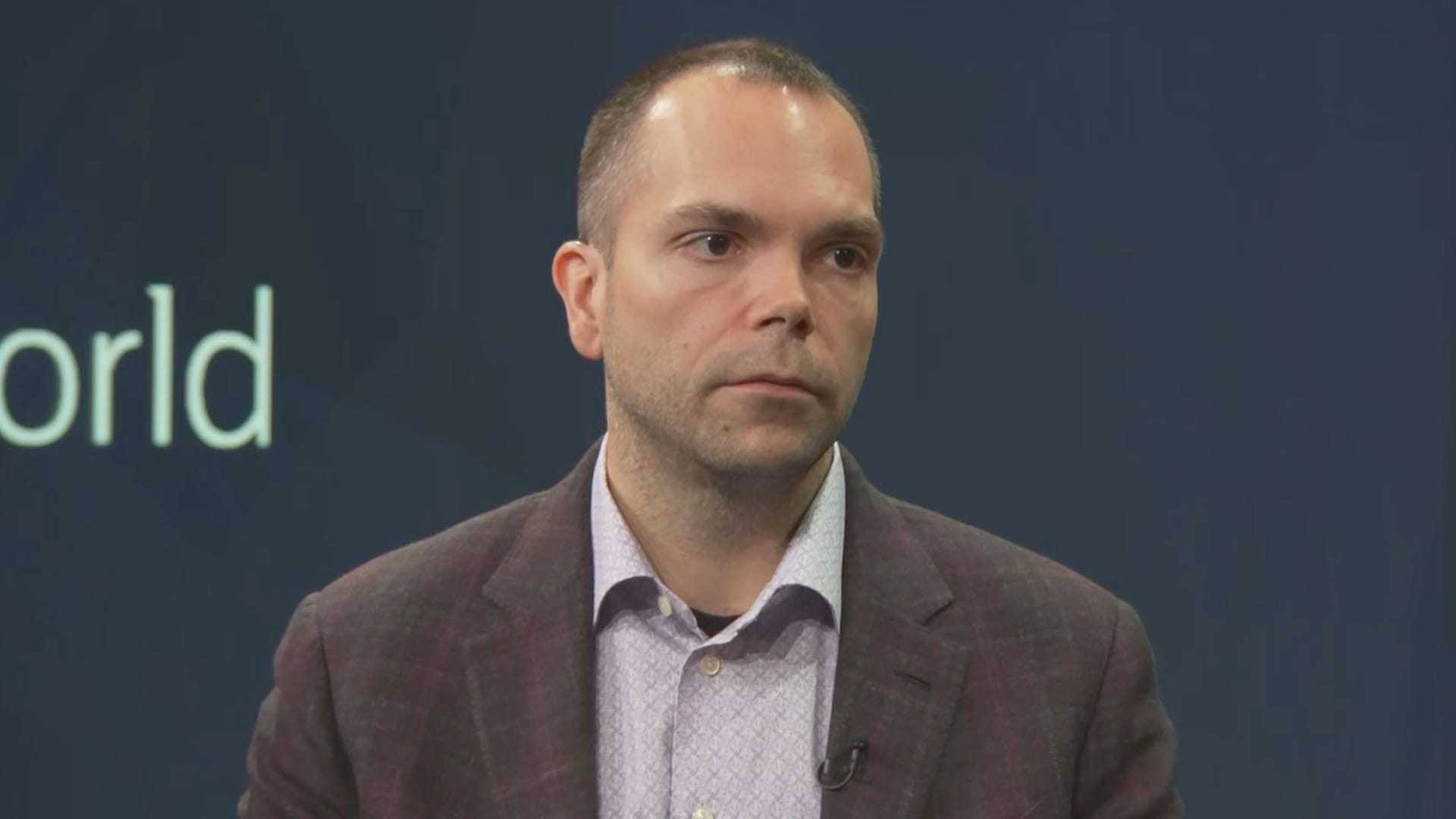
Oracle’s extended rally, which has been driven by the company’s increasingly central position in the artificial intelligence boom, hit pause on Friday, with the stock tumbling 7%, its worst day since January.
The slide came a day after the software company revealed a long-term outlook, boosted by AI, at an analysts’ meeting that was part of the Oracle AI World conference in Las Vegas.
Oracle said on Thursday that it expects $166 billion in cloud infrastructure revenue in the 2030 fiscal year, up from $18 billion in fiscal 2026. The company now sees $21 in adjusted earnings per share on $225 billion in total revenue in fiscal 2030, which represents annualized sales growth of over 31%.
The initial reaction was positive. Oracle shares rose 3.1% on Thursday, continuing a rally that’s boosted the company’s market cap by more than 160% in two years.
But a hint of skepticism emerged on Friday, with some analysts questioning Oracle’s ability to reach its lofty targets.
“It feels like the stock may take a bit of a breather here as investors digest those numbers and try to get comfort around the achievability of long-term numbers,” Rishi Jaluria, an analyst at RBC Capital Markets, told CNBC’s Seema Mody in an email. Jaluria recommends holding the stock.
Oracle didn’t respond to a request for comment.
Oracle has emerged as one of the biggest beneficiaries of the AI infrastructure boom. It recently announced a five-year deal with OpenAI, worth more than $300 billion, to provide access to AI chips. Following its earnings report in September, the stock had its best day since 1992 as the company said it had $455 billion in remaining performance obligations, up 359% from a year earlier.
On Thursday, Oracle confirmed that it had a cloud deal with Meta, and said it signed up $65 billion in cloud infrastructure commitments in the current quarter. Oracle also said that its adjusted gross margins on AI infrastructure would be between 30% and 40%, higher than some analysts had expected.
Karl Keirstead, an analyst at UBS, raised his price target to $380 from $360 in a note on Friday, and said the stock price doesn’t reflect the entire upside of the company’s AI-powered acceleration. The shares are currently trading at $291.37.
While he recommends buying the stock, Keirstead noted several things that “more cautious voices” will look at in his “bear case” scenario. They include the risk of concentrating business with OpenAI and “various unforeseen go-live bottlenecks” that could come with such an aggressive buildout, he wrote.
Oracle’s tone remains extremely optimistic. Clay Magouyrk, who was named one of Oracle’s two CEOs last month, said at the conference that this quarter’s commitments have come “across seven different contracts from four different customers.”
“None of those customers are OpenAI,” Magouyrk said. “I know some people are questioning sometimes, ‘Hey, is it just OpenAI?’ The reality is, we think OpenAI is a great customer, but we have many customers.”






